The Minneapolis Institute of Art has received a $750,000 grant from the Andrew W. Mellon Foundation and will use the money to create The Center for Empathy and the Visual Arts, or CEVA for short.
Can art penetrate the walls that separate us and make us kinder? The Institute is teaming up with science-of-emotions pundit Dacher Keltner and his research team at the Berkeley Social Interaction Laboratory in a five-year project that will convene philosophers, writers, artists, thought leaders, and others to research ways that museums can foster empathy, compassion, and awe. For example, museum visitors can have their empathy levels measured upon entering and leaving exhibits to see how experiencing art has affected them.
Kaywin Feldman, Director of the Minneapolis Institute of Art, said the goal of CEVA is "to spark and nurture empathy through the visual arts so museums can contribute even more toward building a just and harmonious society." The project will explore the use of art spaces as portals to provoking empathy, compassion, and emotional literacy.
We've long noticed how art can change our feelings about others and open up new horizons. When looking at a painting or a drawing, we make it a spiritual practice to step into a picture to see how we might feel in that setting. Reflecting on art, we know, is a good empathy practice, and we look forward to hearing how Keltner and company's research encourages that approach.

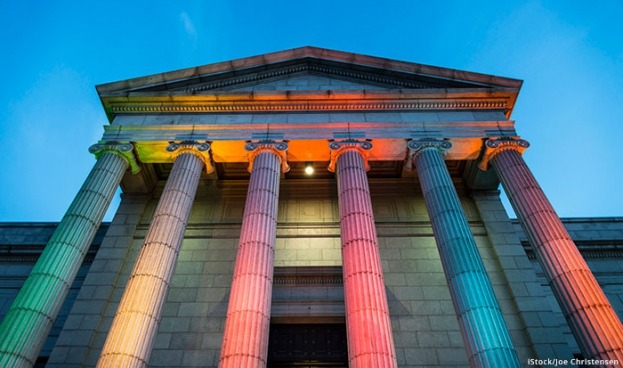 Building Empathy through Art
Building Empathy through Art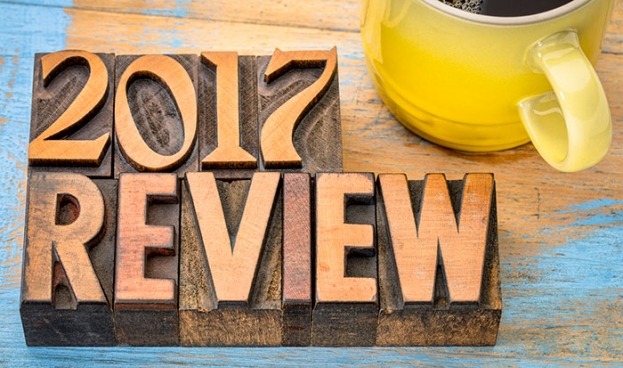 What We Think after 2017
What We Think after 2017 A Better Way to Fall
A Better Way to Fall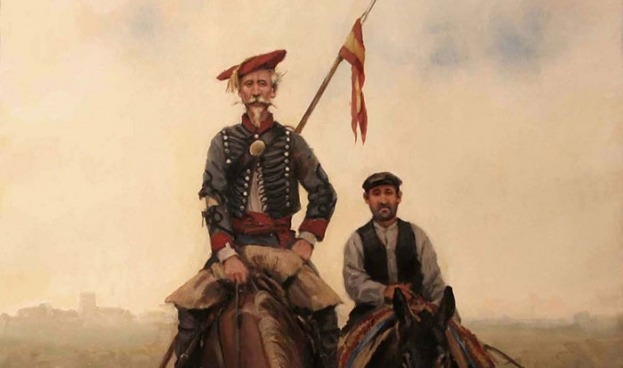 A Not So Quixotic Aspiration: What we can learn from Don Quixote
A Not So Quixotic Aspiration: What we can learn from Don Quixote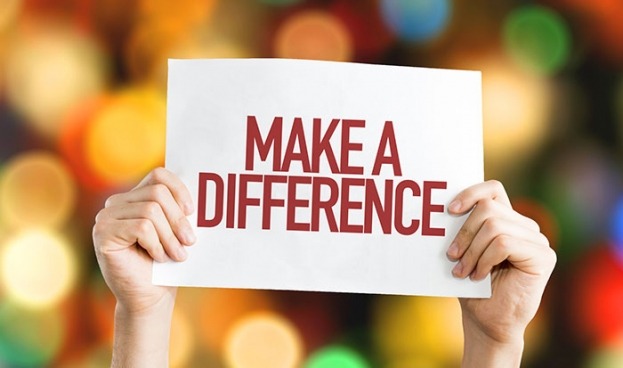 Links between Individual Giving and Institutions
Links between Individual Giving and Institutions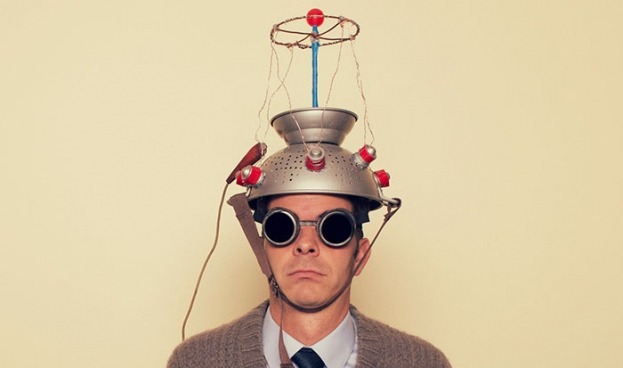 How To Change Someone's Mind
How To Change Someone's Mind Cultivating Resilience
Cultivating Resilience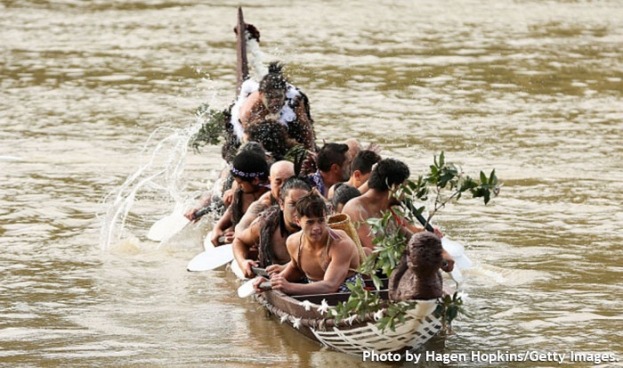 Human Rights for a River
Human Rights for a River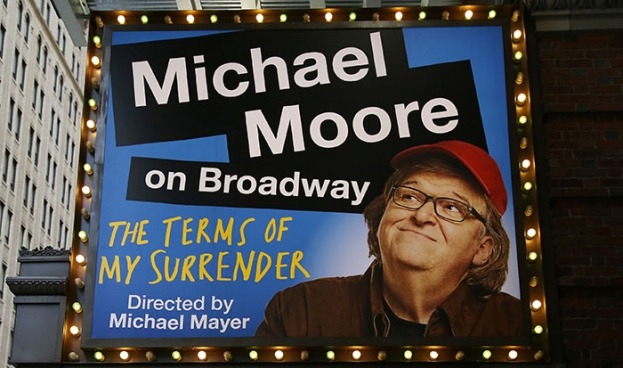 Michael Moore on Broadway
Michael Moore on Broadway Discontented Baby Boomers
Discontented Baby Boomers